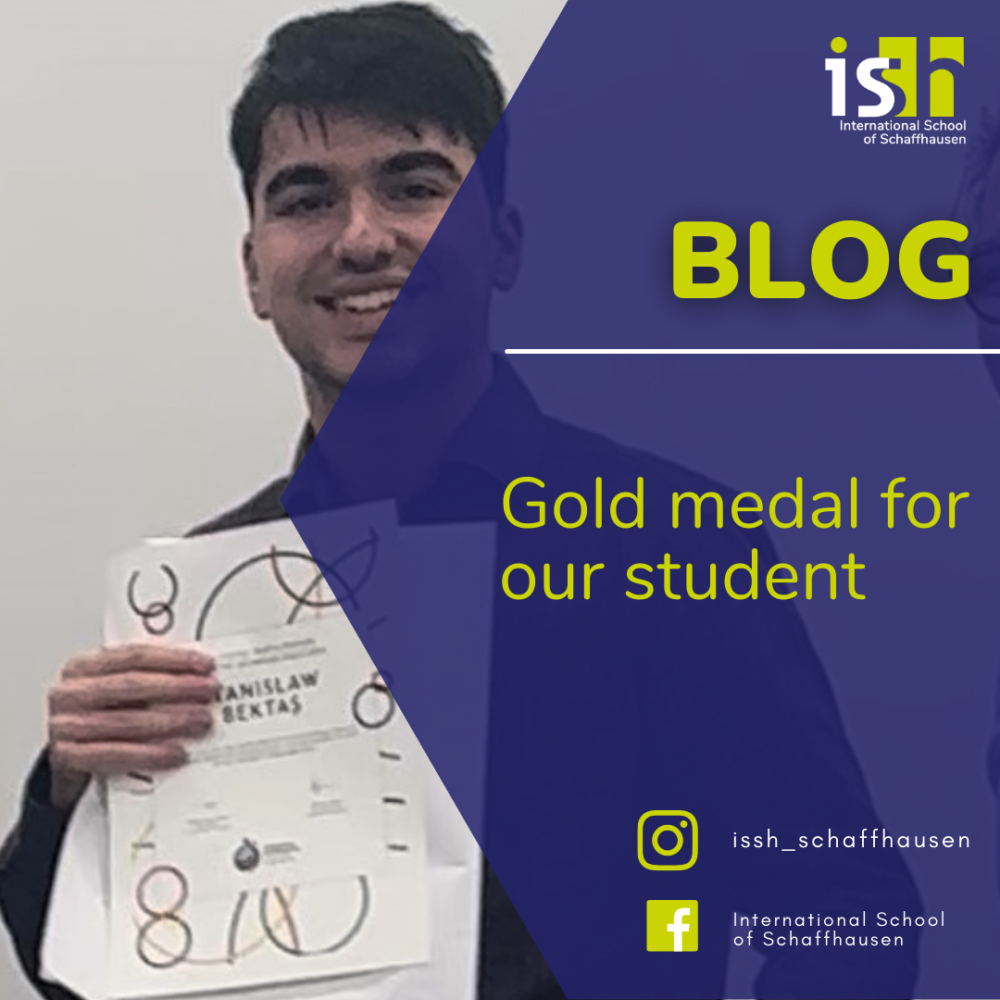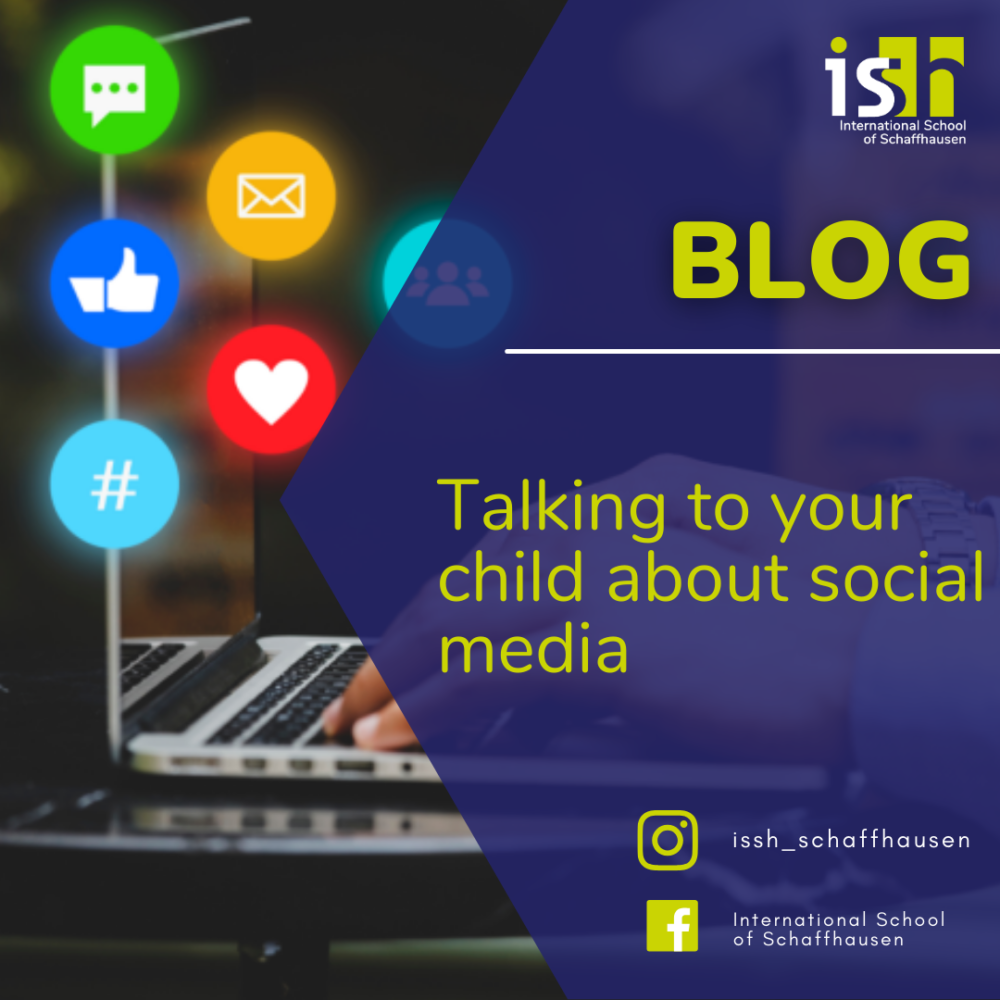With the Continuing Education Year, we at ISSH have created an alternative program for all students who do not wish to take the international Matura, the IB Diploma Programme, but still want to enjoy an academic education in the English language of instruction. In this interview, our teacher Patrick Andreprovides insightful answers to important questions about the Continuing Education Year.
Mr. Andre, what exactly is the Continuing Education Year at ISSH and what benefits does the Continuing Education Year offer young people?
The Continuing Education Year is a program that was created two years ago to meet the needs of our students. The program serves as an optimal preparation for the Sek II entrance exams. At the same time, their English skills are raised to a high level in our international environment with our English-speaking teachers.
In my opinion, the biggest advantage that the continuing education year at ISSH offers is the individual attention. We adapt the timetables and the subject matter to the personal needs of the young people and their respective careers. For example, the curriculum for a young person who is interested in an apprenticeship as a merchant is fundamentally different from the curriculum for a young person whose goal is to attend cantonal school in the following school year.
What is the focus of the content in the continuing education year?
At the school level, the focus in the continuing education year is on the subjects of German, mathematics and English. In addition to regular English-language instruction, students receive supplemental instruction in these subjects. The aim of this additional instruction is to prepare the students in the year of further education as ideally as possible for the relevant entrance examinations or for teaching at secondary schools. The general premise is that all students in the year of further education receive individual attention and a teaching program designed to meet their needs.
What teaching methods do you use at ISSH – especially in contrast to other educational institutions?
The academic standards at ISSH are high – also because the core subjects are taught in English. In the continuing education year, we also motivate young people to think critically and promote a reflective view of relevant subject areas. The goal of our educational institution is to turn young people into responsible citizens during the year of further education. We do not require learning content to be memorized as facts and figures, but encourage our students to work out meaning for themselves. They learn to understand concepts and to apply what they have learned on unfamiliar levels. This is certainly a great strength of the teaching methods at ISSH.
Do the students develop competencies in the IB year that go beyond the pure learning content?
The IB curriculum provides for a holistic education of the students and focuses primarily on personal attributes that are important for life in and after school. These include the attributes of open-mindedness, reflectiveness, principledness, and balance, which we encourage both inside and outside the classroom. In addition, each young person is encouraged in their personal academic development during the continuing education year by conducting one-on-one interviews and analyzing any weaknesses. These, in turn, are specifically addressed to improve the youth’s performance.
What does a typical daily structure look like during the continuing education year?
The young people largely take part in regular classes, which begin at 8:30 a.m. and end at 4:15 p.m.. In addition to core subjects such as math, English, German, science and social studies, which are taught in English, youth can choose electives that match their personal interests: French, film studies, fitness and additional science courses are just a few of the subjects available. In addition, math classes are offered in German. In the subjects German and English, there are specific lessons for the individual advancement of the young people in the year of further education.
Who is the offer aimed at and what requirements should future students of the year of further education bring with them?
The program is aimed at all young people who want to improve their English and gain an insight into an international environment. Young people who want to prepare specifically for entrance exams to the cantonal school, BMS or FMS can also benefit from the year of further education, as can young people who are looking for an apprenticeship and want to continue their education academically. If the young people have sufficient potential, they can enroll in the advanced courses of the upper school and take the internationally recognized, international Matura.
What career steps can be taken after the continuing education year?
Because the year of further education covers all possible fields, career steps range from apprenticeships in local companies to places at universities around the world. Ultimately, the young people decide which path they want to take.





